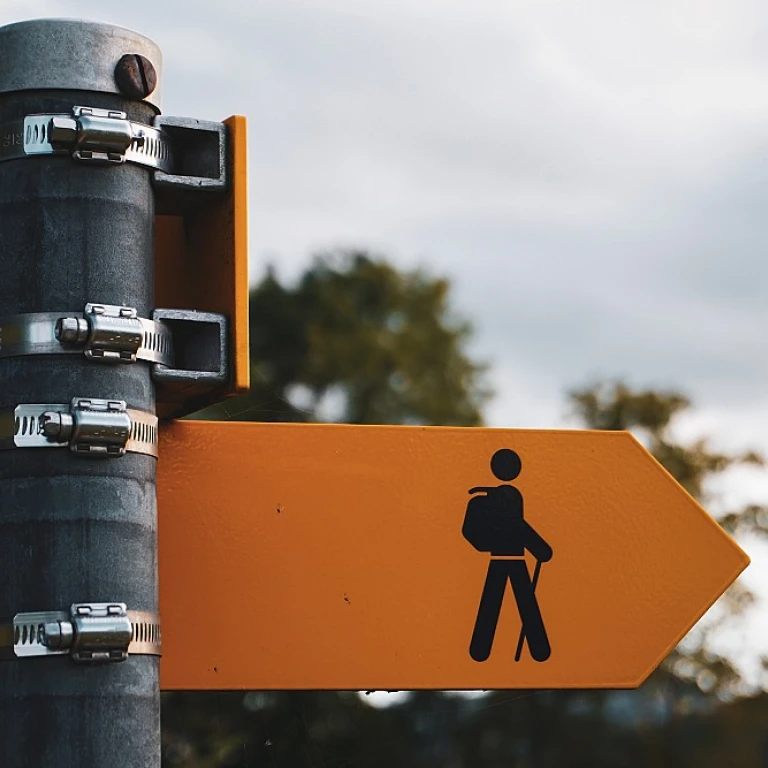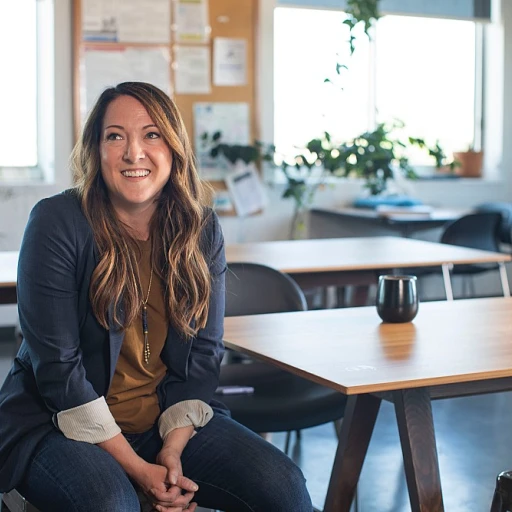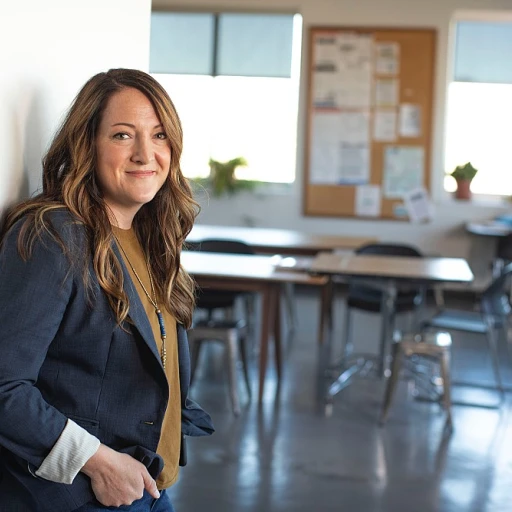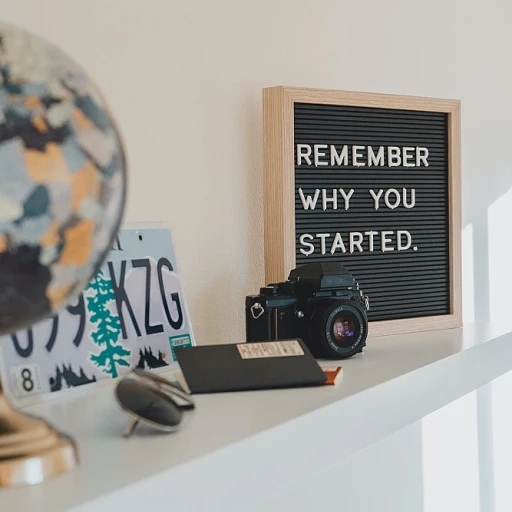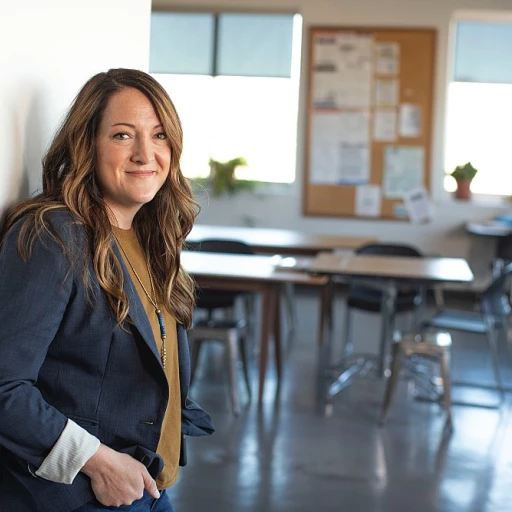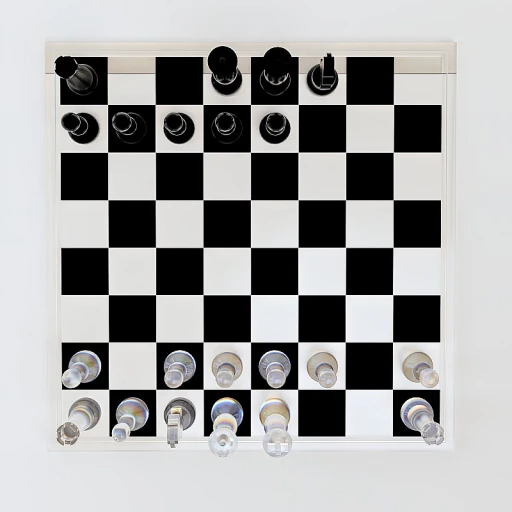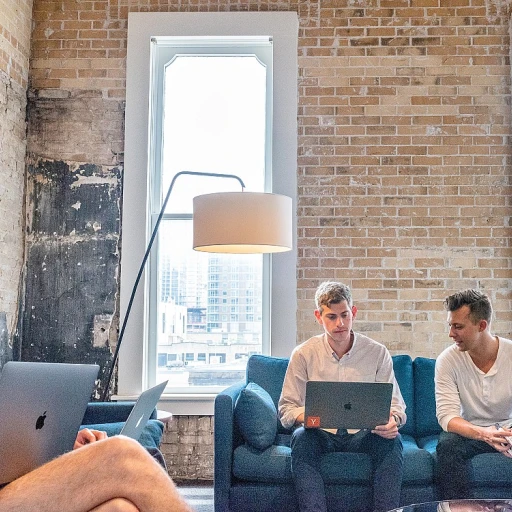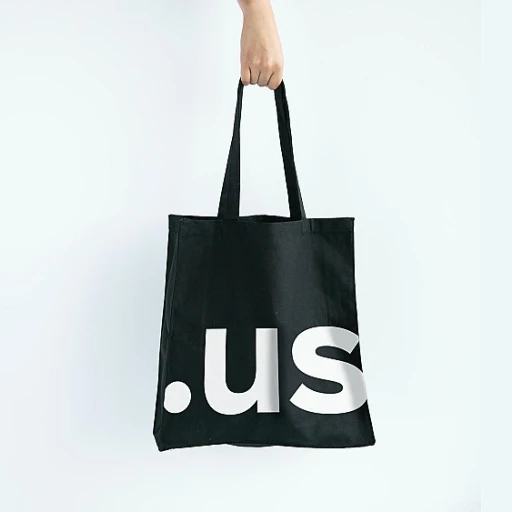
Understanding the Importance of Confirmation Emails
The Significance of Sending Timely Confirmation Emails
Sending a confirmation email after you've received an interview invitation is more than just a courteous gesture; it's a pivotal step in the interview process. A well-crafted interview confirmation email assures the company that you have acknowledged the meeting request and are preparing to attend. It sets the tone for your professionalism and reliability early on. A timely confirmation email is crucial as it clarifies important details such as the interview date, time, and location, solidifying them in your schedule and signaling your respect for the interviewer's time. It also minimizes any chances of confusion about the interview time or location, ensuring both parties are on the same page. Further, by confirming the job interview promptly, you demonstrate your enthusiasm and commitment to the position. This initial interaction can leave a lasting impression on the interviewer and differentiate you from other candidates. It's important to pay attention to these elements from the outset, as they also pave the way for subsequent steps, such as follow-up communication. For more insights on refining your post-interview tactics, consider reading about mastering the art of HR job interview follow-up.Key Elements of an Effective Confirmation Email
Crafting a Detailed Confirmation Email
When preparing an interview confirmation email, several key elements ensure clarity and professionalism. Your email serves as the candidate's reference point for the job interview, addressing any potential concerns they may have ahead of time.
- Subject Line: Start with a clear subject such as "Interview Confirmation for [Job Title] at [Company]" to instantly inform the candidate of the email's purpose.
- Personal Greeting: Begin with a personalized greeting, "Dear [Candidate's Name]," setting a warm and professional tone.
- Confirmation of Details: Clearly outline the interview specifics. Mention the date and time, ensuring the candidate knows exactly when to anticipate the meeting.
- Meeting Location: Specify if the interview will be in person or remote, including the location or a link to the virtual platform, respectively.
- Interviewer's Information: Provide details about who will conduct the interview, including their title and contact information, such as a phone number for last-minute inquiries.
- Attachment of Documents: Should you need any additional documents, specify which ones the candidate should bring with them or attach to their confirmation email.
- Encouragement for Questions: Encourage candidates to reach out if they have any questions regarding the interview time or location.
By incorporating these elements, you can ensure a comprehensive and professional interview invitation, leaving both your company and the candidate prepared for the process. For additional guidance on post-interview communications, discover effective ways to request feedback after a job rejection.
Common Mistakes to Avoid
Steering Clear of Common Pitfalls in Interview Confirmations
Crafting the perfect interview confirmation email is a crucial step in the hiring process, yet it often involves some common mistakes that can be easily avoided with a bit of attention to detail.- Vague Subject Line: Ensure that your subject line is clear and concise. An effective subject line might read: "Interview Confirmation - [Job Title] at [Company Name]." This straightforward approach keeps the email focused and lets the candidate know exactly what the email entails without confusion.
- Missing Key Information: Leaving out important details such as the interview time, date, location, and who they will be meeting with can lead to unnecessary back-and-forth communication. Your interview confirmation email must specify these details clearly so the candidate is well-prepared.
- No Contact Information: Always include a point of contact along with their phone number and email address. This ensures that the candidate can reach out if they need to reschedule or confirm the details once more.
- Overly Formal or Informal Language: Striking the right tone is important. Avoid language that is too casual or excessively formal. Aim for a professional yet approachable tone that reflects the company's culture.
- Neglecting to Use a Template: Using a standard email template might appear impersonal, but it ensures consistency. After you've crafted your email template with all necessary information, you can customize it to suit different scenarios or add a personal touch.
Sample Interview Confirmation Email Template
Example of a Well-Structured Interview Confirmation Email
To effectively communicate your acknowledgment and preparation for a job interview, using a template is invaluable. A well-crafted interview confirmation email template can help ensure you include all necessary details while maintaining professionalism.
An ideal email should encompass these key areas:
- Subject Line: Clearly state the purpose, such as "Interview Confirmation for [Job Title] at [Company]." This helps both the interviewer and you to easily identify the email purpose.
- Greeting: Respectfully address the recipient. A good example would be "Dear Hiring Manager" or "Dear [Interviewer's Title] [Last Name]."
- Opening Paragraph: Express appreciation for the opportunity and confirm the specifics of the interview. For instance: "Thank you for the opportunity to interview for the [Job Title] position at [Company]. I am writing to confirm our meeting scheduled for [Date and Time]."
- Details of the Interview: Ensure you repeat the interview details such as time, location (or instructions for a phone interview), and any other pertinent instructions provided in the invitation.
- Close Positively: End with a positive note expressing your anticipation: "Looking forward to our conversation and learning more about this exciting opportunity."
- Contact Information: Share your contact details, including a phone number, so the company can easily reach you if needed.
- Signature: End with a professional sign-off like "Best regards," followed by your name and professional title if applicable.
A structured template not only shows your professional demeanor but also confirms your enthusiasm and readiness to the company. It's important to customize it for each specific scenario to reflect the importance and respect you hold for the interview process.
Customizing Your Email for Different Scenarios
Tailoring Your Confirmation Email for Various Interview Scenarios
Crafting a personalized interview confirmation email is vital for conveying professionalism and ensuring clarity about the meeting. Consider the following variations when creating your email:- Phone Interviews: Clearly specify the date and time in the email body when arranging a phone interview. Remind the candidate to provide a contact method and confirm the phone number for the interviewer to use.
- In-Person Meetings: Emphasize the location in your communication, including detailed directions or parking information if necessary. Mention the time zone to avoid any misunderstandings, especially if the candidate is traveling from out of town.
- Video Calls: Specify the platform (e.g., Zoom, Skype) and include a link or meeting ID in the confirmation email. Advise candidates on any necessary software installations ahead of the meeting.
Best Practices for Follow-Up Communication
Tips for Effective Follow-Up Communication Post-Confirmation
Once the confirmation email for your interview is sent, your job isn't quite over yet. Effective follow-up communication can keep you in the loop and ensure all parties involved are aligned. Here's how you can approach it:- Response to Confirmation: Once you receive the candidate's confirmation, acknowledge it promptly. This reassures the candidate that their response has been received and everything is on track.
- Clarifications and Reminders: If the candidate needs further clarification regarding the time, date, or location of the meeting, use the confirmation email thread for clarity. A reminder of key details, such as the interview time or the candidate's contact phone number, can be beneficial.
- Providing Additional Information: Ahead of the scheduled interview, consider sharing materials that could help candidates prepare. This could include any specific expectations, interview formats, or additional contacts within the company they may need.
- Ensuring Flexibility: Sometimes, unexpected changes occur. If there's a change of plans on the company's side, promptly notify the candidate about the modification to the time, location, or even the interviewer title.
- Post-Interview Follow-Up: After the interview, a follow-up communication should be executed with care. Whether it's a thank you email or to provide an update concerning the next steps, maintaining professionalism is key. For more strategies on follow-up, you may find mastering the art of HR job interview follow-up insightful.

